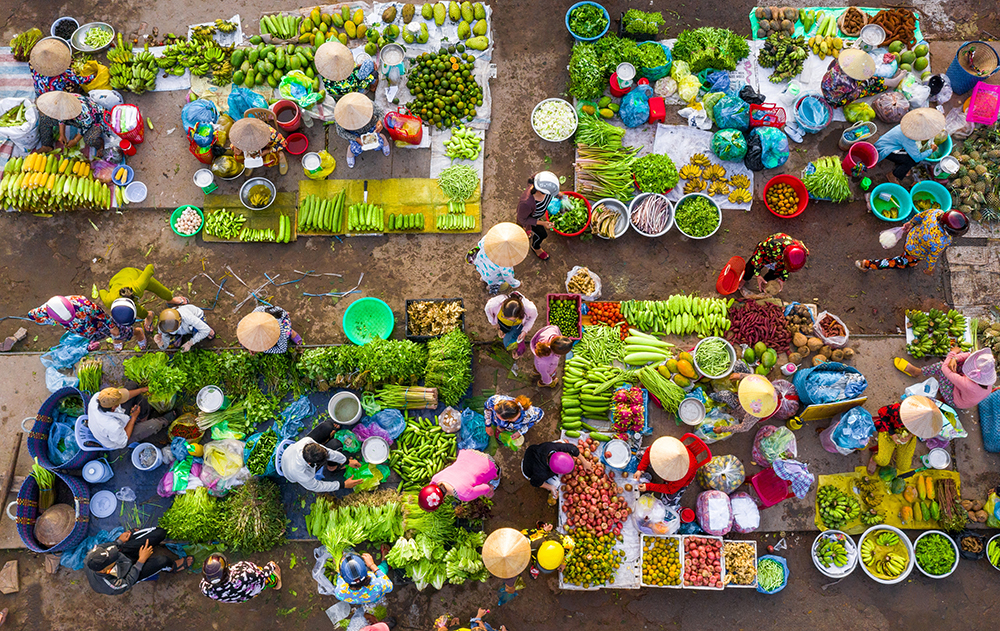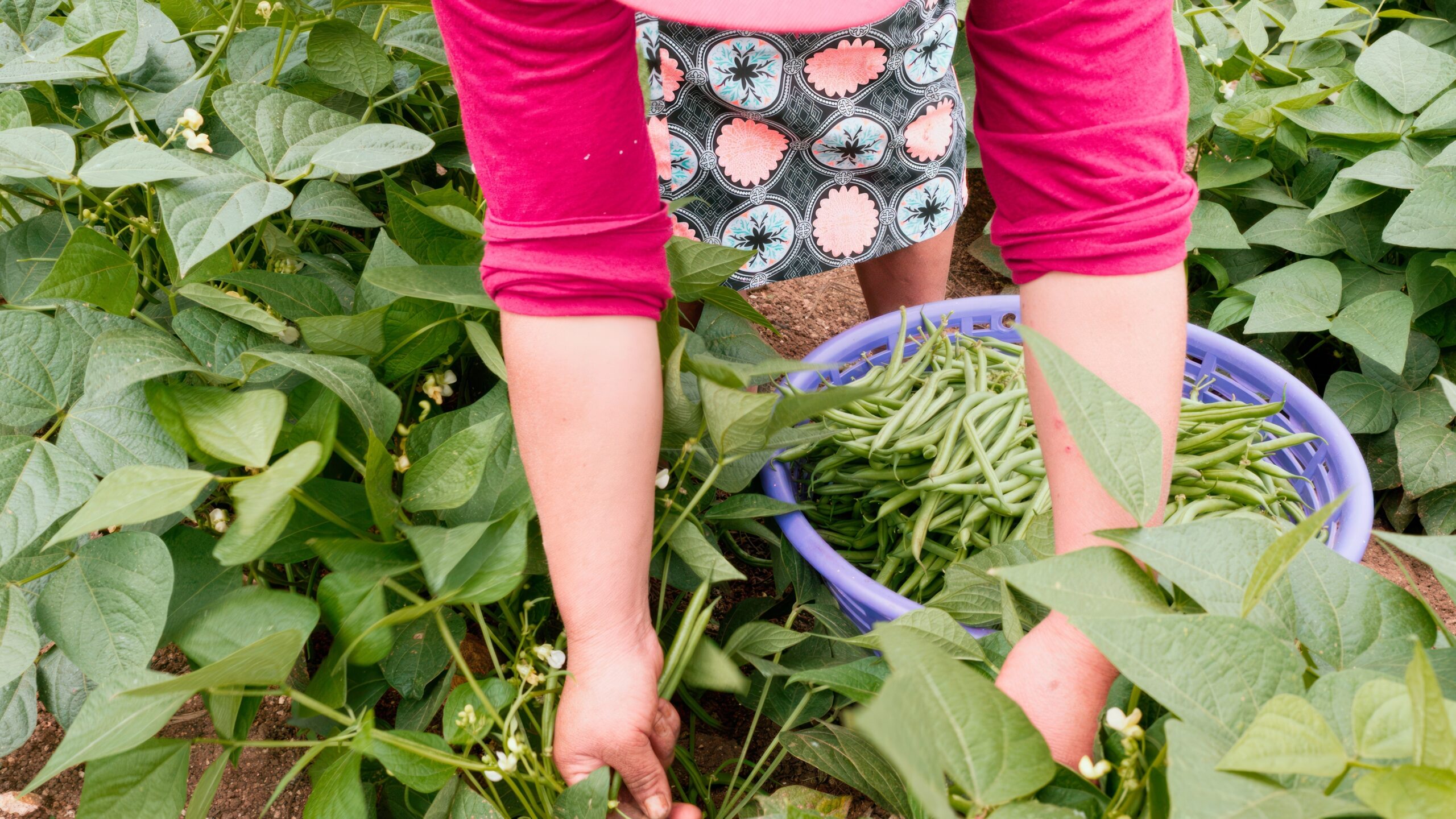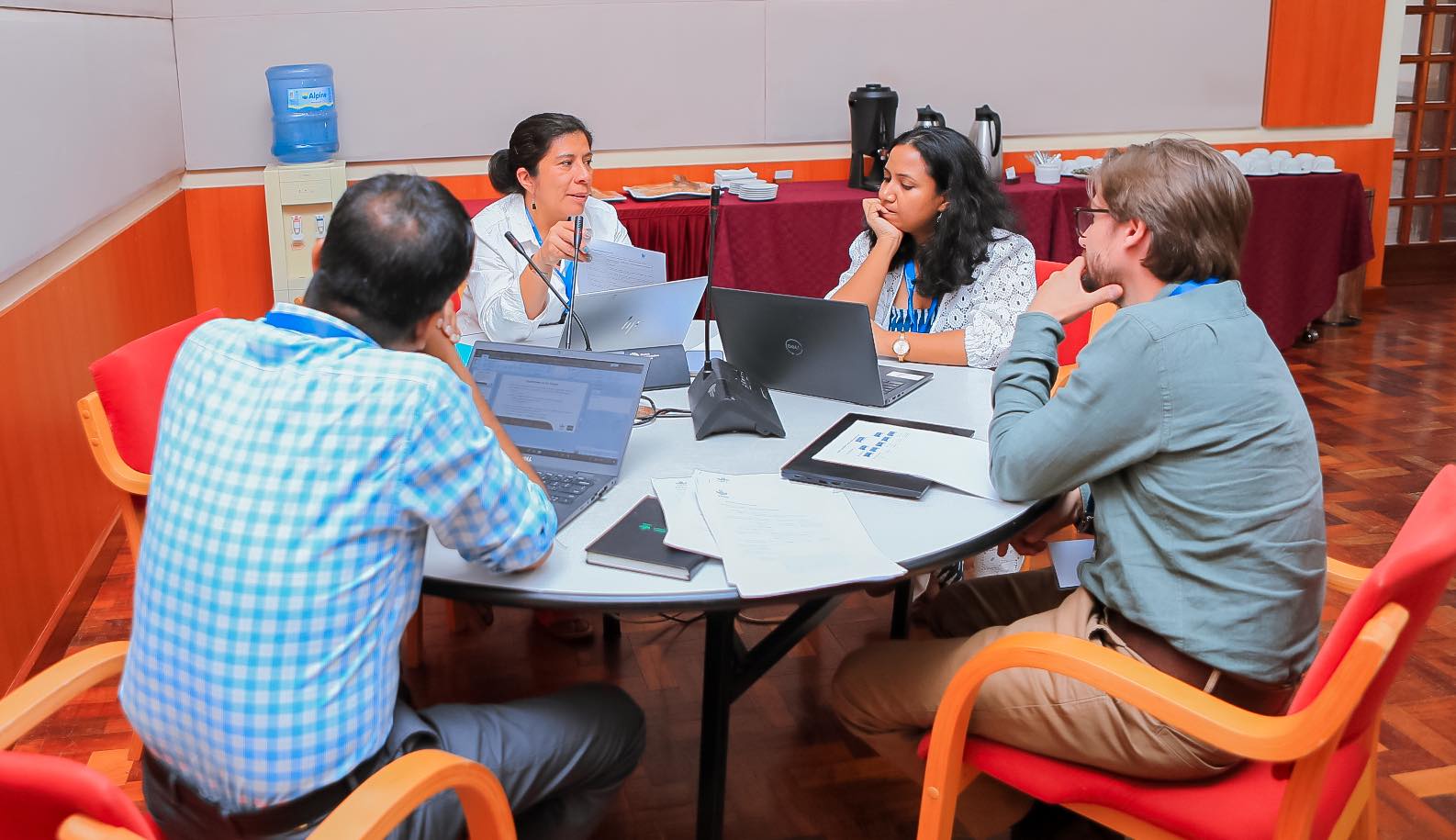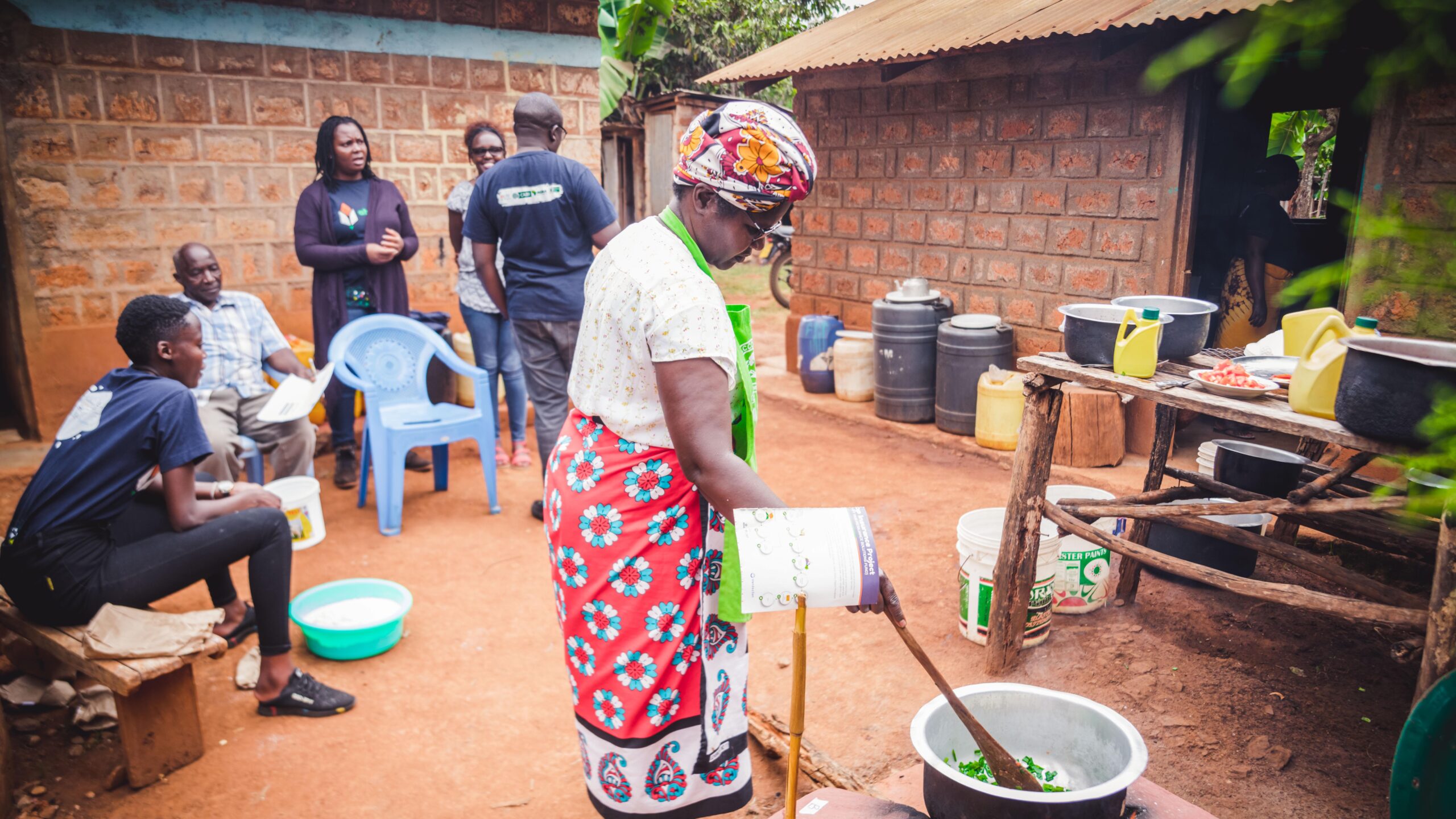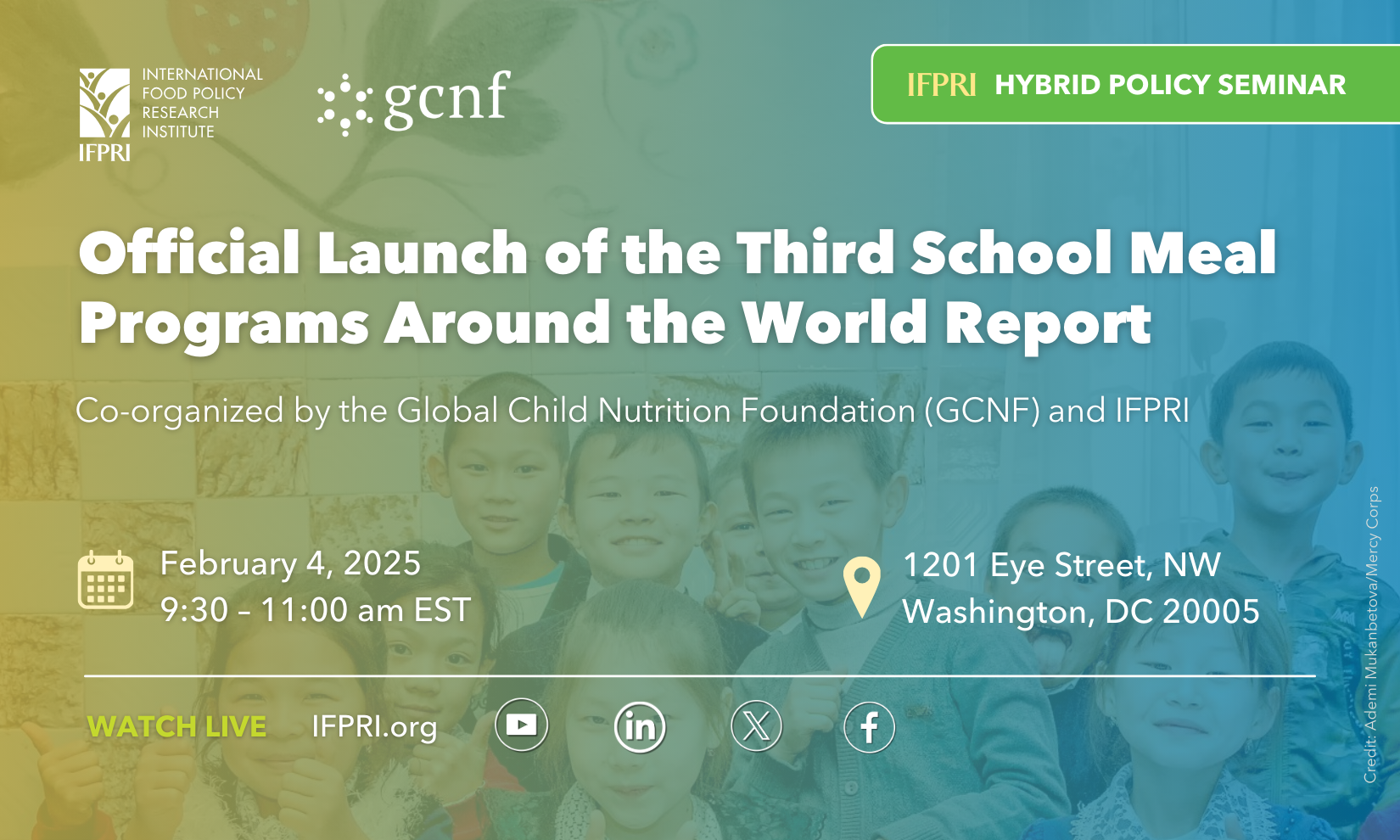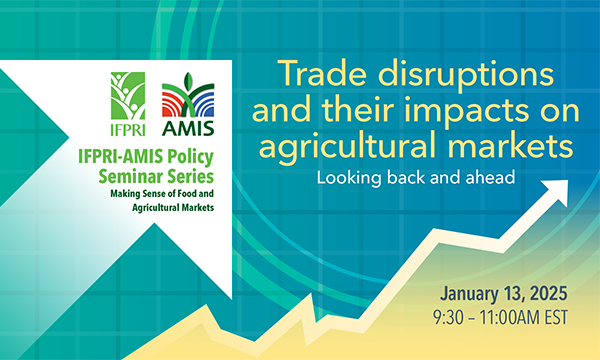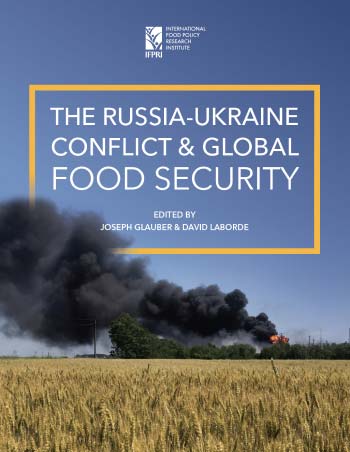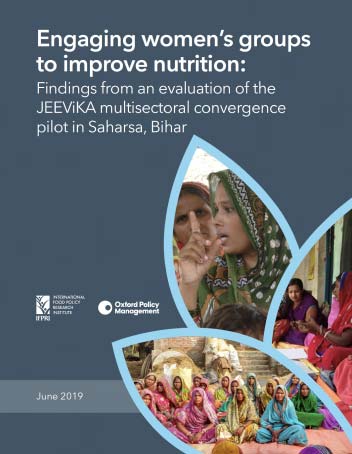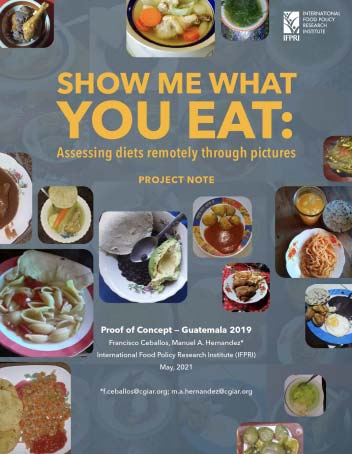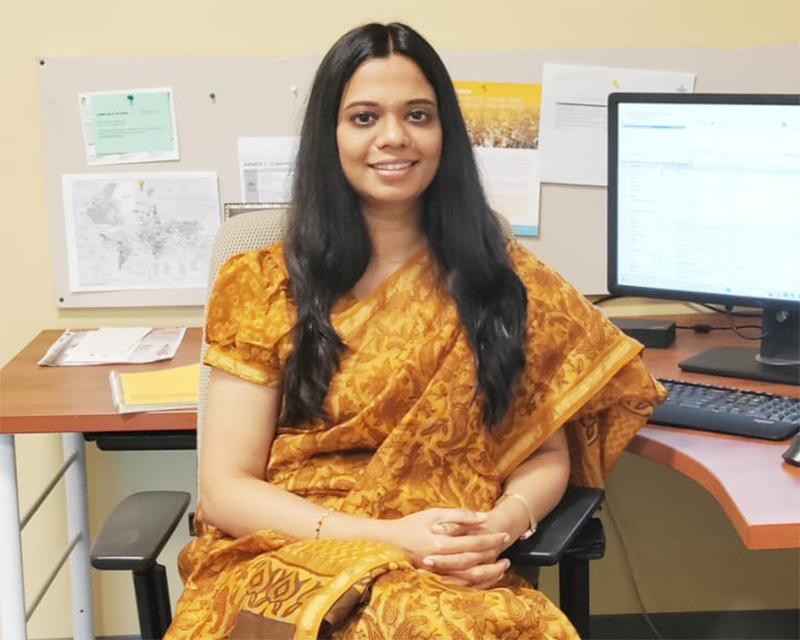Overview
The Markets, Trade, and Institutions Unit (MTI) provides innovative, evidence-based policy solutions to help drive inclusive and sustainable economic growth for smallholders, small and medium enterprises (SMEs), and workers in the agrifood sector. By analyzing local, regional, and global economic environments, trade conditions, and value chains from farm to fork, MTI identifies policies that can transform agricultural and rural economies and build resilience to climatic and market shocks.
These policies include measures toward more effective market institutions and regulation, greater market efficiency, lower transaction costs, and reduced food loss and waste, along with greater market access and income and employment opportunities for smallholders, SMEs, and workers in the agrifood sector. MTI conducts research in Africa, Asia, and Latin America.
Areas of Focus
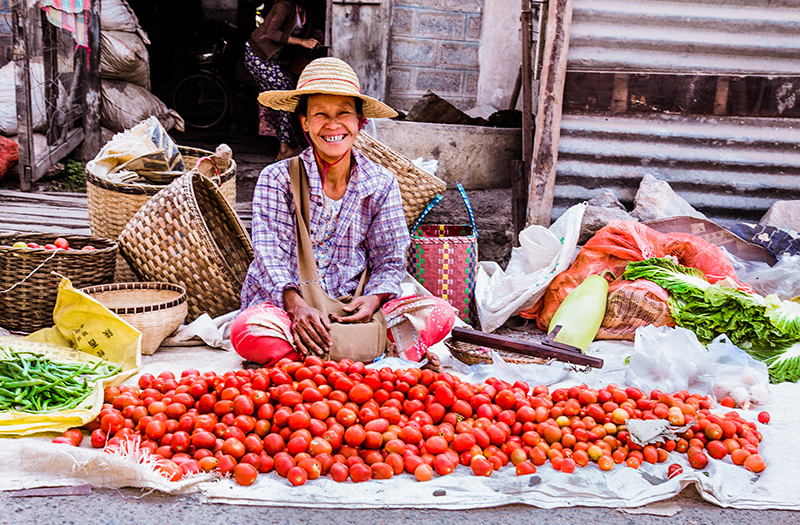
Market-based solutions
Market imperfections impede healthy and sustainable food system outcomes. To address these imperfections, MTI conducts research on market-based solutions and adequate policy support for achieving food safety, affordable healthy diets, food loss reduction, and sustainable production. This research includes analysis of options and trade-offs of reorienting existing agricultural support for achieving these multiple objectives for food system change.
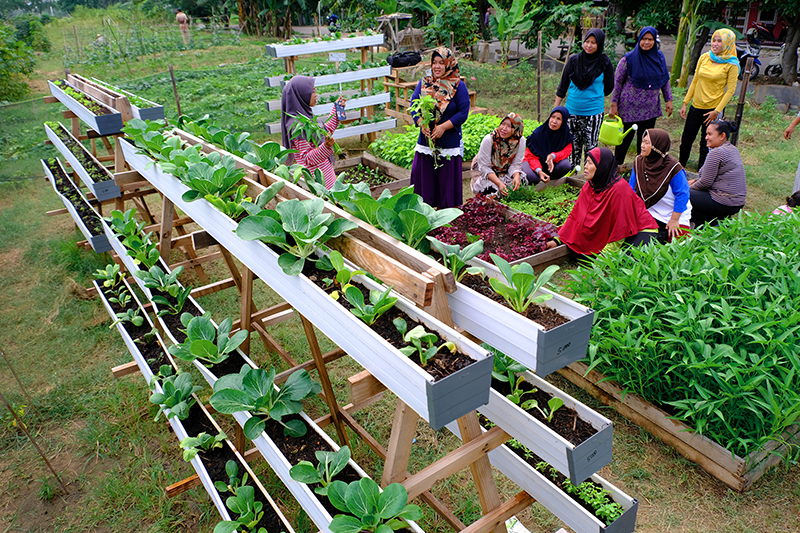
Inclusive value chains
Agrifood systems are a major source of employment but fail to provide decent livelihoods for most farmers and workers. MTI research seeks to leverage food value chain innovations, using inclusive business models and process innovations in logistics, wholesale and retail trade, and finance to make food production and distribution more efficient, while creating better incomes, jobs and livelihoods, especially for women and youth. A gender perspective is integrated into all MTI research.

Trade policies
World food markets are volatile, but increasingly important for food security and sustainability. MTI research evaluates the impact of trade barriers, including nontariff barriers and food standards, and the potential for trade policy reform to achieve food system sustainability, food safety, and food security across countries. MTI’s research and expertise also contribute to global agendas, including G20 and World Trade Organization discussions on trade and farm policy.
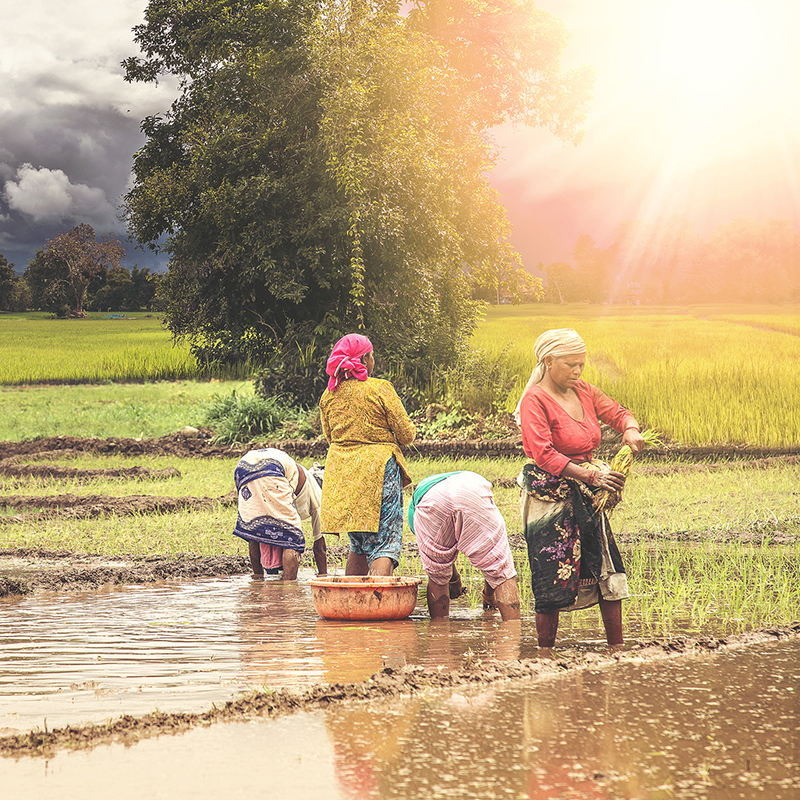
Shocks and resilience
Conflict, climate change, and global economic shocks pose increasing risks to rural livelihoods and food security. MTI contributes to decision-making for increased food system resilience by providing real-time monitoring of risks, building evidence on risk-management options such as innovative approaches to crop insurance and bundled risk management mechanisms, and tools for assessing impacts of global shocks on domestic food systems.
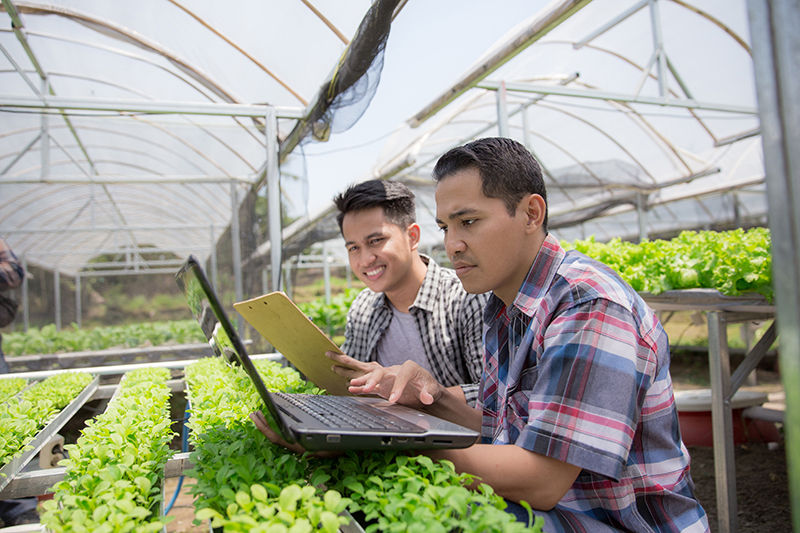
Methods and tools
MTI researchers use state-of-the-art global trade and economywide modeling tools, causal impact analysis, assessment of risk-management innovations, and farm-to-fork value chain analysis, including measurement of food loss and its causes. MTI contributes to capacity building and knowledge sharing through the Food Security Portal, AGRODEP, the AgIncentives Consortium, the G20 Technical Platform for the Measurement of Food Loss and Waste (TPFLW), G20’s Agricultural Market Information System (AMIS), and the Knowledge Platform for Inclusive Markets and Value Chains (KISM).
Explore our latest research
Blogs
News
Events
Recent Work
-
Digital Financial Services Adoption
This project seeks to understand the potential for digital financial services (DFS) to help improve financial access among the agricultural midstream—which includes traders, transporters, processors, wholesalers, and other related businesses
-
Impact of COVID-19 on Food Value Chains
-
Prioritizing agricultural investments for income, poverty reduction, and nutrition
Identifies methods and tools related to the prioritization of agricultural investment taking into account multiple objectives, including income growth, poverty reduction, and improved nutrition




